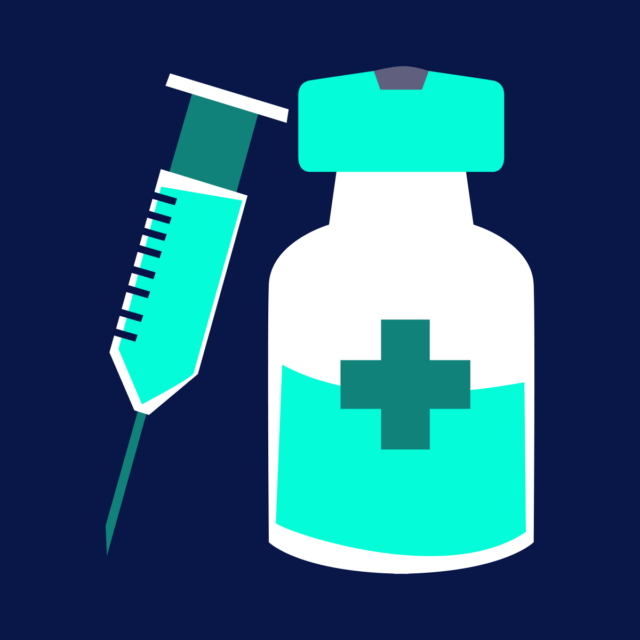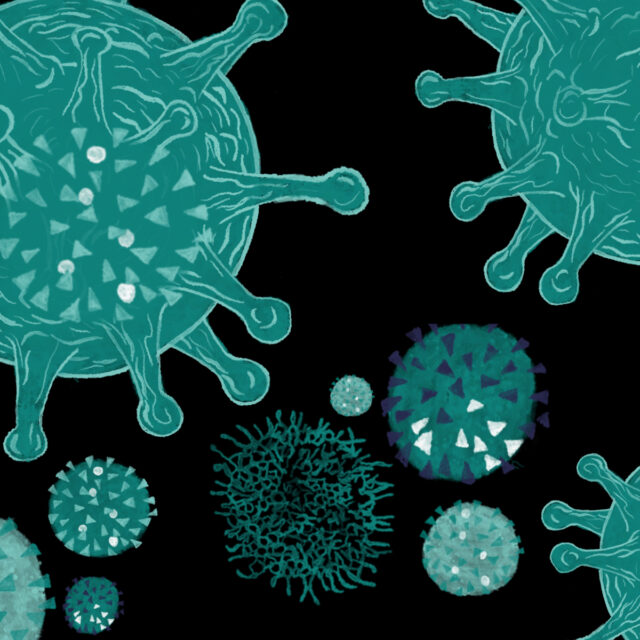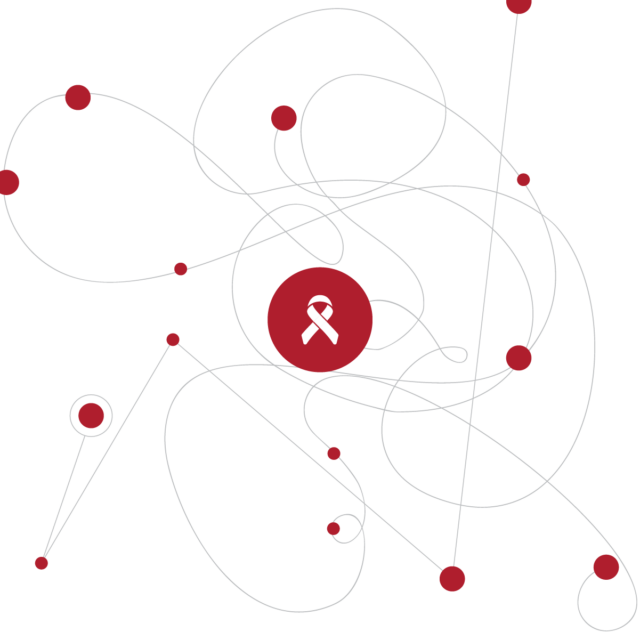As you may know, ONE is a supporter and advocate of the Global Fund, an organization designed to accelerate the end of diseases such as HIV/AIDS, tuberculosis and malaria as an epidemic.
On a recent trip to Marrakech, Morocco, a few ONE staff members and I had the opportunity to visit the Oudaya prison, located about 20 kilometers from Marrakech. While there, we saw first-hand how the investments of the Global Fund support TB and HIV programs for prisoners, which are set up by the General Delegation for Prison Administration and Reintegration in partnership with Morocco’s Ministry of Health and other national and international partners.
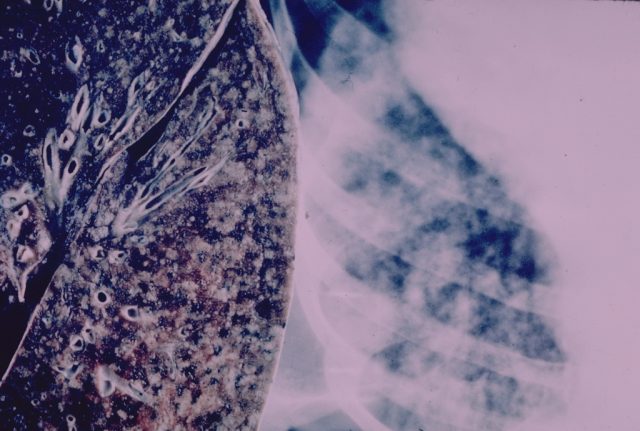
A lung with miliary tuberculosis. (Photo credit: Yale Rosen/Flickr)
International data suggests that tuberculosis cases are up to 100 times higher in prisons than in the general population due to overcrowding, promiscuity, late diagnosis, and poor ventilation. There is a significant need for tuberculosis testing and treatment in these facilities.
In Morocco, the General Delegation for Prison Administration and Reintigration, responsible for the health care of detainees, has developed an integrated strategy to promote care for prisoners, particularly in the fight against tuberculosis.
The National Strategic Plan to reduce the number of the cases of TB (2013-2016) was crafted by the Ministry of Health with technical and financial support from the Global Fund. The incidence of tuberculosis in Moroccan prison settings is greater than that of the general population, according to staff at the Oudaya prison, but the Oudaya prison is a newer facility with an infrastructure that conforms to international standards, so it reports a lower number of declared cases.
To help fight the spread of tuberculosis, the Global Fund provides funding and support for medical equipment, training, and new laboratories to help combat this disease. Additionally, the Global Fund and the Moroccan Ministry of Health support the General Delegation for Prison Administration and Reintegration Administration for the organization of training for doctors and dentists on HIV testing and counseling services to detainees. That’s how health professionals can educate their patients about voluntary HIV testing, as well as providing pre- and post-test counseling. According to the Global Fund, 144 medical professionals have been trained to provide these services in the 77 prisons of Morocco.
I was really impressed with the facilities and staff at the Oudaya prison. It is a testimony of why ONE supports the great work carried out by the Global Fund and their partnership with the Moroccan Ministry of Health and its sub-beneficiaries, including the General Delegation.
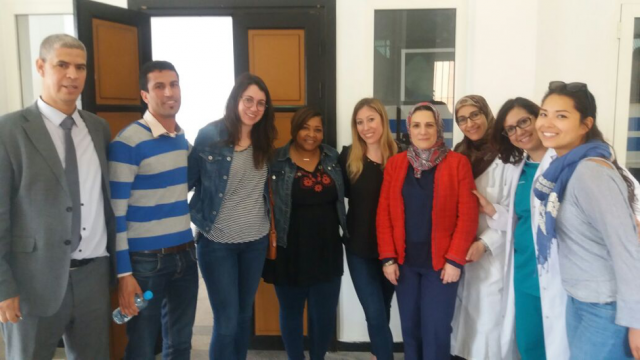
Our team learned about the work that the Global Fund is doing at Oudaya prison in Marrakech, Morocco.

